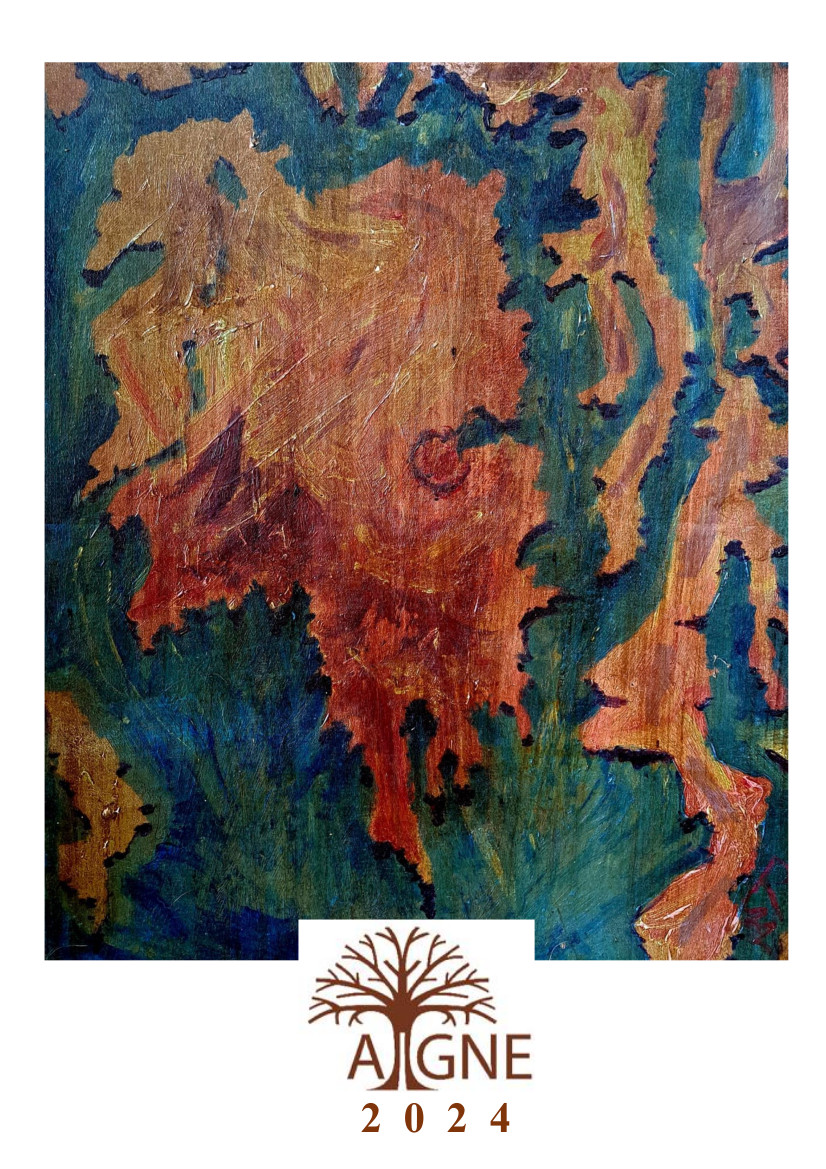Books for Review
A list of the book currently available for review with Aigne. If you are interested in providing a book review for Aigne, please get in touch with our Book Review Editors at aigne@ucc.ie.
Read more about Books for Review
Aigne (‘Mind’) is a peer-reviewed online postgraduate journal and falls under the auspices of the Graduate School of the College of Arts, Celtic Studies and Social Sciences at University College Cork. Aigne was founded in 2010 by postgraduate students of the College and regularly invites submissions from postgraduates and early career researchers, both at UCC and internationally.
In keeping with the ethos of the College, Aigne encourages submissions that adopt an interdisciplinary perspective. The journal uses a double-blind peer-review process to ensure anonymity and quality of submissions.
The journal publishes an annual, theme-based volume that welcomes contributions from postgraduates and early career researchers worldwide. We also accept article submissions for consideration on a rolling basis. For detailed information about the journal's scope, the types of submissions Aigne seeks, and our review process, please visit this page.
We are further looking for enthusiastic postgraduates who would like to get involved in the workings of the journal. If you are interested in becoming an editor, reviewer or proofreader for Aigne, please do not hesitate to contact us at aigne@ucc.ie.
A list of the book currently available for review with Aigne. If you are interested in providing a book review for Aigne, please get in touch with our Book Review Editors at aigne@ucc.ie.
Read More Read more about Books for Review
Knowledge requires engagement, and to encounter someone or something risks change. Encounters initiate opportunities to meet, participate, and practise resilience or adaptation in the face of the unfamiliar or unknown. They may encourage a sense of belonging. Conversely, encounters may lead to rejection or silencing of new ideas, voices, objects, organisms, or experiences, to polarisation, to fear of the Other or to a desire to remain unaffected. They may be chance or intentional, confrontational or interactive, comfortable or unsettling. Encounters may span human and non-human terrains.
The goal of this issue is to present a collection of articles and other submissions that explore the theme of "Encounters" through a variety of thought-provoking and distinct perspectives.
